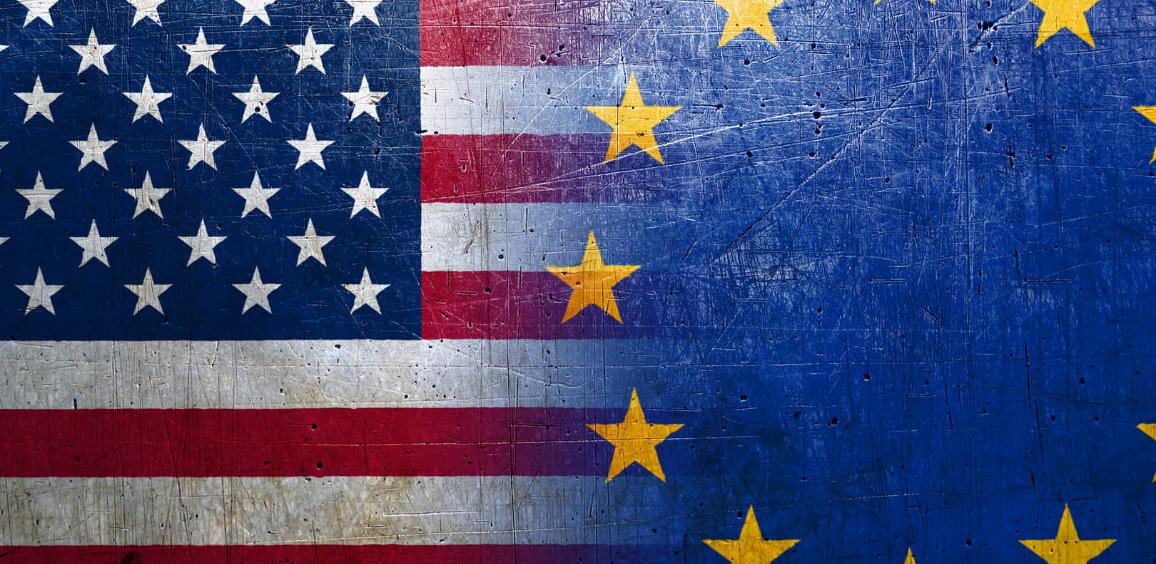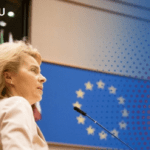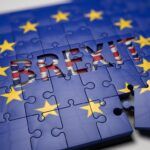The European Commission and the High Representative are today putting forward a proposal for a new, forward-looking transatlantic agenda.
While the past years have been tested by geopolitical power shifts, bilateral tensions and unilateral tendencies, the victory of President-elect Joe Biden and Vice-President-elect Kamala Harris, combined with a more assertive and capable European Union and a new geopolitical and economic reality, present a once-in-a-generation opportunity to design a new transatlantic agenda for global cooperation based on our common values, interests and global influence.
A principled partnership
The EU’s proposal for a new, forward-looking transatlantic agenda for global cooperation reflects where global leadership is required and is centred on overarching principles: stronger multilateral action and institutions, pursuit of common interests, leveraging collective strength, and finding solutions that respect common values.
The new agenda spans four areas, highlighting first steps for joint action that would act as an initial transatlantic roadmap, to address key challenges and seize opportunities.
Working together for a healthier world: COVID-19 and beyond
The EU wants the US to join its global leadership role in promoting global cooperation in response to the coronavirus, protecting lives and livelihoods, and reopening our economies and societies.
The EU wants to work with the US to ensure funding for the development and equitable global distribution of vaccines, tests and treatments, develop joint preparedness and response capacities, facilitate trade in essential medical goods, and reinforce and reform the World Health Organization.
Working together to protect our planet and prosperity
While the coronavirus pandemic continues to pose significant challenges, climate change and biodiversity loss remain the defining challenges of our time. They require systemic change across our economies and global cooperation across the Atlantic and the world.
The EU is proposing to establish a comprehensive transatlantic green agenda, to coordinate positions and jointly lead efforts for ambitious global agreements, starting with a joint commitment to net-zero emissions by 2050. A joint trade and climate initiative, measures to avoid carbon leakage, a green technology alliance, a global regulatory framework for sustainable finance, joint leadership in the fight against deforestation, and stepping up ocean protection all form part of the EU’s proposals.
Working together on technology, trade and standards
Sharing values of human dignity, individual rights and democratic principles, accounting for about a third of the world’s trade and standards, and facing common challenges makes the EU and US natural partners on trade, technology and digital governance.
The EU wants to work closely with the US to solve bilateral trade irritants through negotiated solutions, to lead reform of the World Trade Organization, and to establish a new EU-US Trade and Technology Council. In addition, the EU is proposing to create a specific dialogue with the US on the responsibility of online platforms and Big Tech, work together on fair taxation and market distortions, and develop a common approach to protecting critical technologies. Artificial Intelligence, data flows, and cooperation on regulation and standards also form part of the EU’s proposals.
Working together towards a safer, more prosperous and more democratic world
The EU and the US share a fundamental interest in strengthening democracy, upholding international law, supporting sustainable development and promoting human rights around the world. A strong EU-US partnership will be crucial to support democratic values, as well as global and regional stability, prosperity, and conflict resolution.
The European Union is proposing to re-establish a closer transatlantic partnership in different geopolitical arenas, working together to enhance coordination, utilise all available tools, and leverage collective influence. As initial steps, the EU will play a full part in the Summit for Democracy proposed by President-elect Biden, and will seek joint commitments with the US to fight the rise of authoritarianism, human rights abuses and corruption. The EU is also looking to coordinate joint EU-US responses to promote regional and global stability, strengthen transatlantic and international security, including through a new EU-US Security and Defence Dialogue, and strengthen the multilateral system.
Next steps
The European Council is invited to endorse this outline and proposed first steps as a roadmap for a new transatlantic agenda for global cooperation, ahead of its launch at an EU-US Summit in the first half of 2021.







Leave a Reply